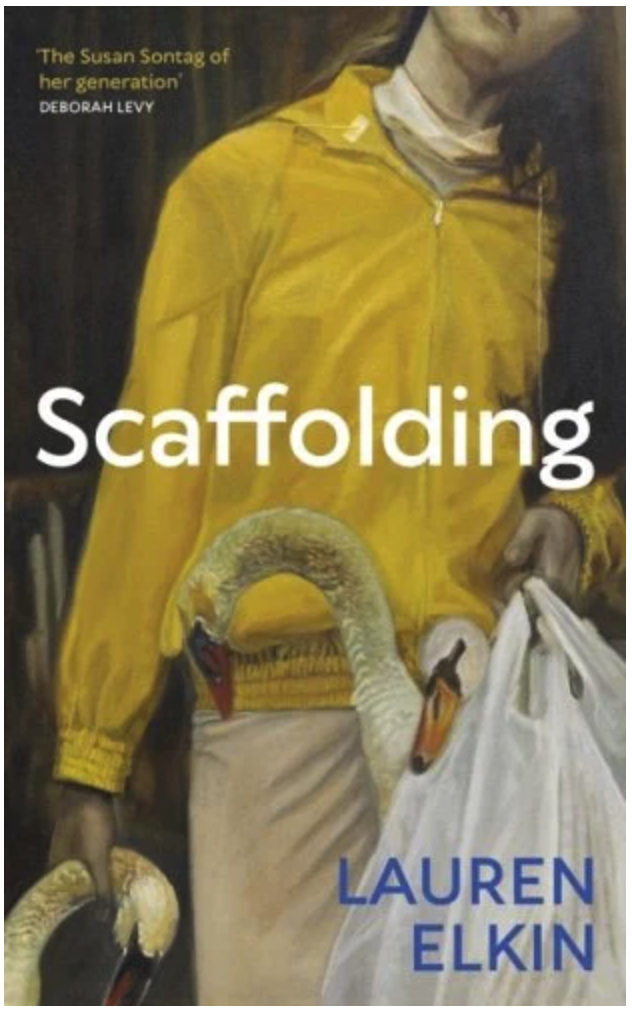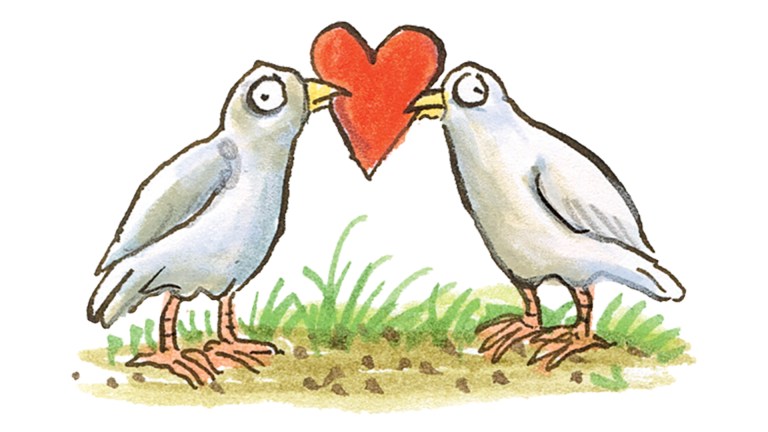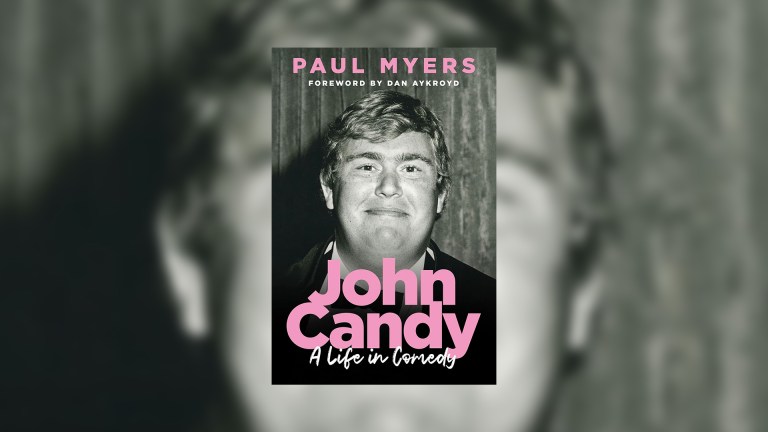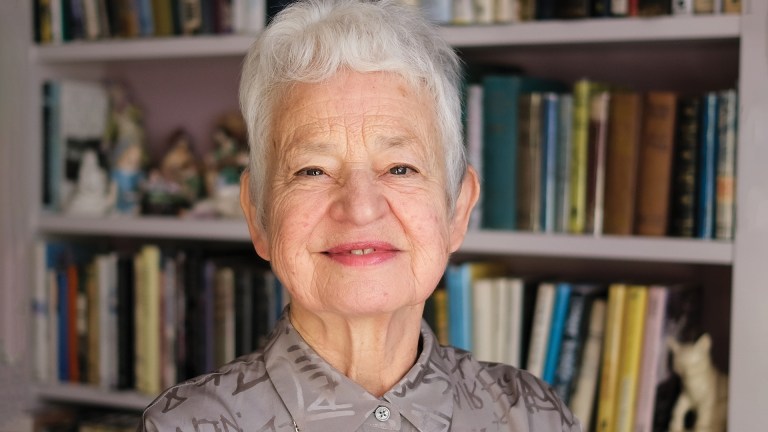Lauren Elkin has made her name as a literary flaneuse of various descriptions, and her first full novel, Scaffolding, is replete with the trends of her non-fiction. Expect plenty of slips into Freud and Lacan, and images of clever French boulevards and philosophical cafes. But this is a novel charged with a highly political resonance and a fervent moralism.
It switches throughout, between the years of 2019 and 1972. Anna, Clementine and Florence are all involved, in their different ways, with the feminist protests that strip and paint the walls of Paris. They are
perhaps odd years to choose – no ’68 nostalgia here, or any heroism at marches or scenes of violence.
Get the latest news and insight into how the Big Issue magazine is made by signing up for the Inside Big Issue newsletter
But I promise this perplexing and intriguing novel is worth it, at least most of the time. Although Elkin’s writing is too often blurred with digressions into the motivations of desire and different schools of psychoanalysis, it is also imbued with a true sense of the importance of memory and what bonds are created by the passing of years. Both Florence and Anna have complex and trying relationships with their husbands, and if this novel slips in momentum it is at the moments of confusion as to quite who is now living away from whom.
But Elkin also writes with a mordant poise, and it is in charting the different approaches of the early ’70s and the recent past that the tensions and issues of her subjects are most interesting. There are moments of startling, bittersweet importance, such as in the reflections on modernity and the passage of time.
There are also others where the reader’s patience with the effects of Lacanian analysis are rather sorely tested. This is a good book to be read in one go, with a decent sense of the atmosphere, the smell of the air that its plot inhabits. That is when Florence’s piano playing to her estranged husband and Anna’s reflections on her miscarriage are most poignant, when they are mixed in with Elkin’s more turgid exploration of desire and long nights in Parisian bars.










